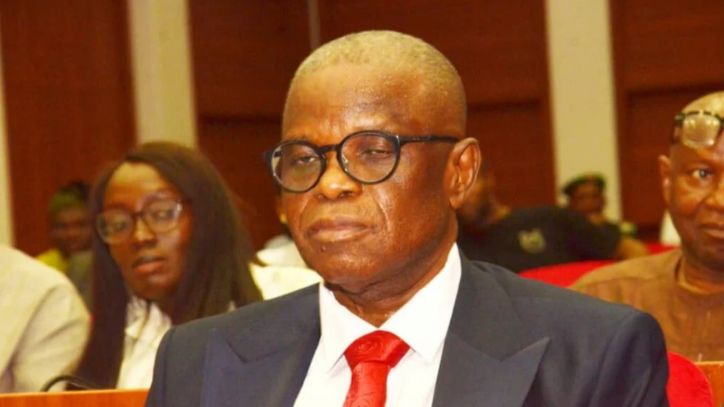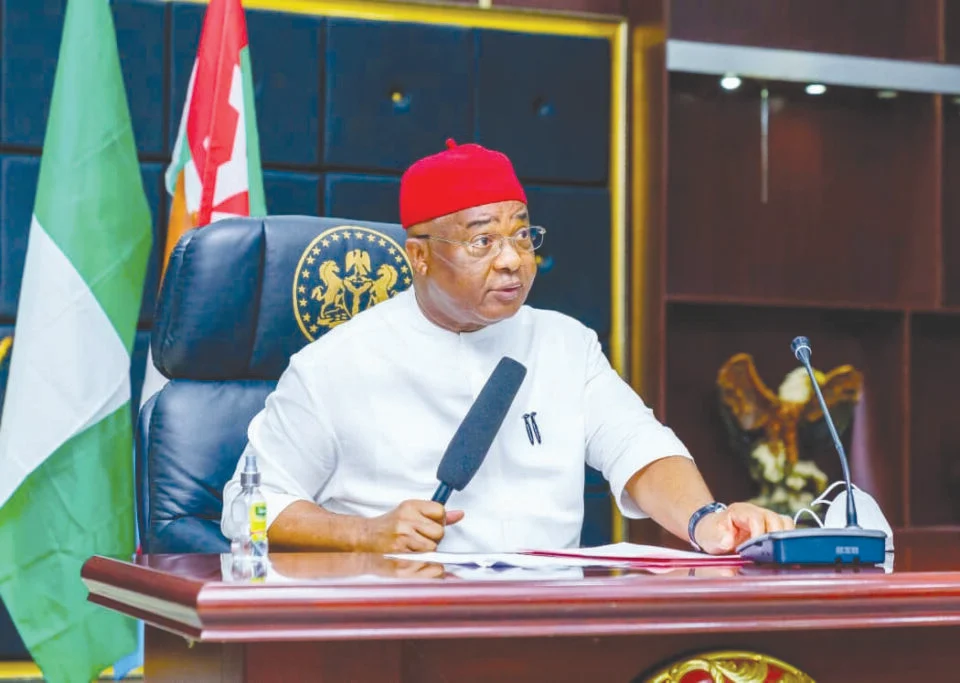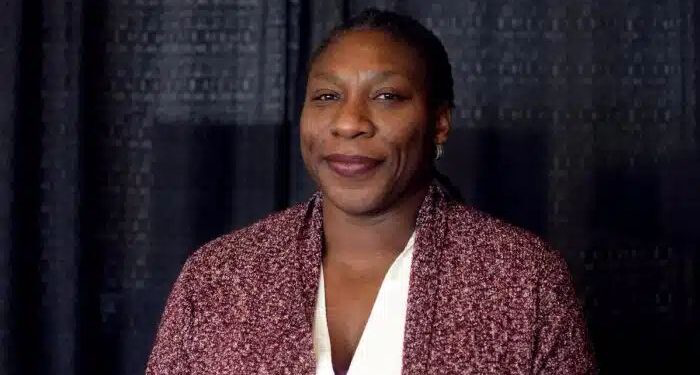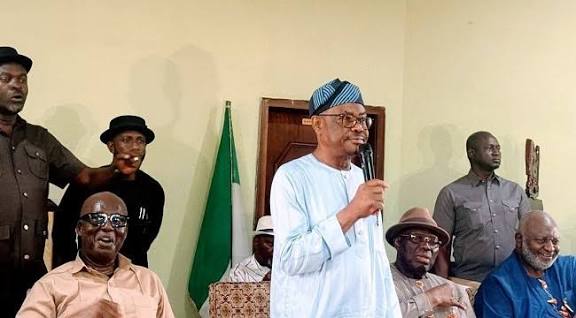Facts have emerged on why the All Progressives Congress dropped the Imo State Governor, Hope Uzodimma, as Chairman of the National Convention Central Coordination Committee and replaced him with former Katsina State governor, Aminu Masari.
Some senior officials of the APC told Sunday PUNCH that the leadership change was necessitated by the need to accommodate and show respect to ‘old leaders’ of the party.
The APC convention is scheduled for March 27 and 28, 2026.
In a statement by its National Secretary, Ajibola Basiru, on Friday, the party announced the change in the central coordination committee, unveiling Masari as the new chairman and former Senate President, Pius Anyim, as Vice Chairman I.
Uzodimma, who was a few weeks ago announced as the chairman of the 73-member committee, was reassigned as the treasurer in the new arrangement.
Responding to enquiries from Sunday PUNCH, APC officials said the party leadership decided to change the committee’s leadership because of zoning considerations and the need to give a sense of belonging to old leaders of the party.
A current member of the National Working Committee of the APC said Masari and Anyim represented old leaders of the party and were considered suitable to lead the convention committee.
“The leadership of the party felt that the old leaders should be accorded the respect of holding the chairmanship position. That was why they settled for Alhaji Masari and also Senator Pius Anyim. They are experienced hands of the party and, for now, are not seeking political office. So, they may be more even-handed in bringing their experience to bear in those positions.
“The convention committee leadership change has nothing to do with whether somebody has something against Governor Uzodimma, contrary to speculations. That is why he was chosen as the treasurer of the committee. He will still play a very prominent role in the convention, particularly as the chairman of the Progressive Governors Forum,” said the NWC member, who does not want to be identified because he was not authoritised to speak on the matter.
Another ranking party leader said the APC played the ‘zoning card’ to decide the new convention chairman.
He said since President Tinubu is from the South, it would be appropriate to have a northern APC leader as the convention chairman.
“When you also look at the composition of the committee, it is all-embracing. Aside from the governors, we have all the principal officers of the two chambers of the National Assembly, as well as former presiding officers who are members of the party. It also has all the former national chairmen who are still within the party,” the official said.
He added that the committee was all-inclusive to give a sense of belonging to stakeholders of the party.
“The committee also has some other key functionaries from the Federal Executive Council, like the Ministers of Defense, Interior, Works and others.
“The convention is likely going to be built around consensus for the emergence of the National Working Committee. The process for the congress is already in top gear. People have been buying forms, and we expect to have a rancour-free convention,” he added.
When asked the reason for the reconstitution of the committee, the APC National Secretary, Basiru, said he could not comment on the matter.
He said, “I have nothing to say about that.”
















